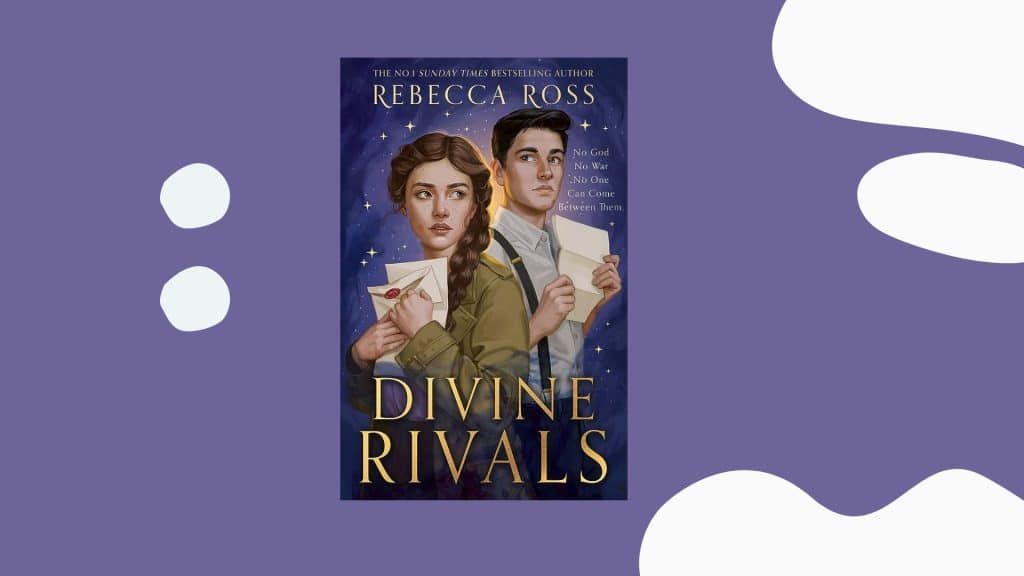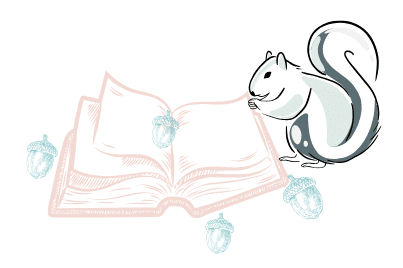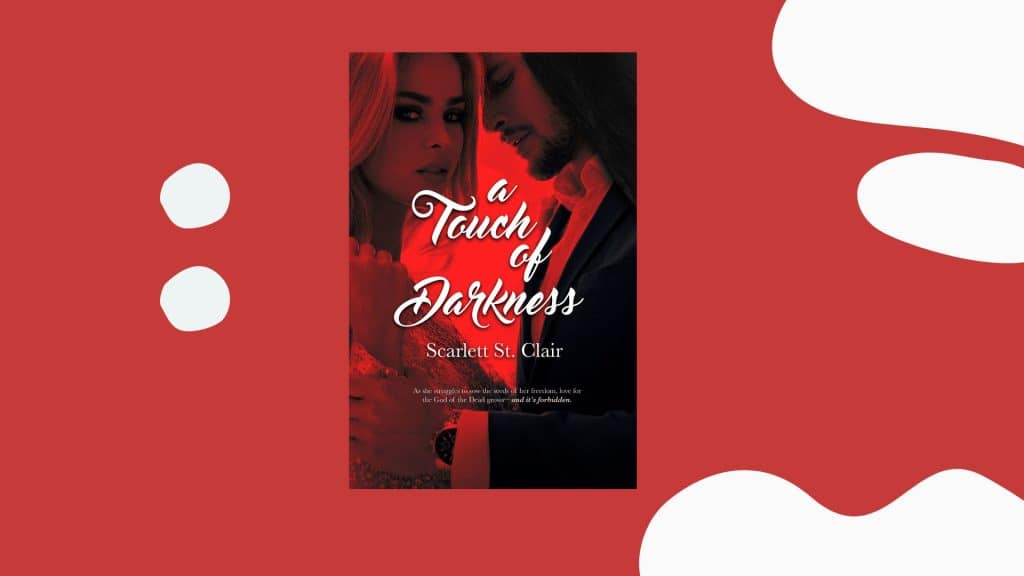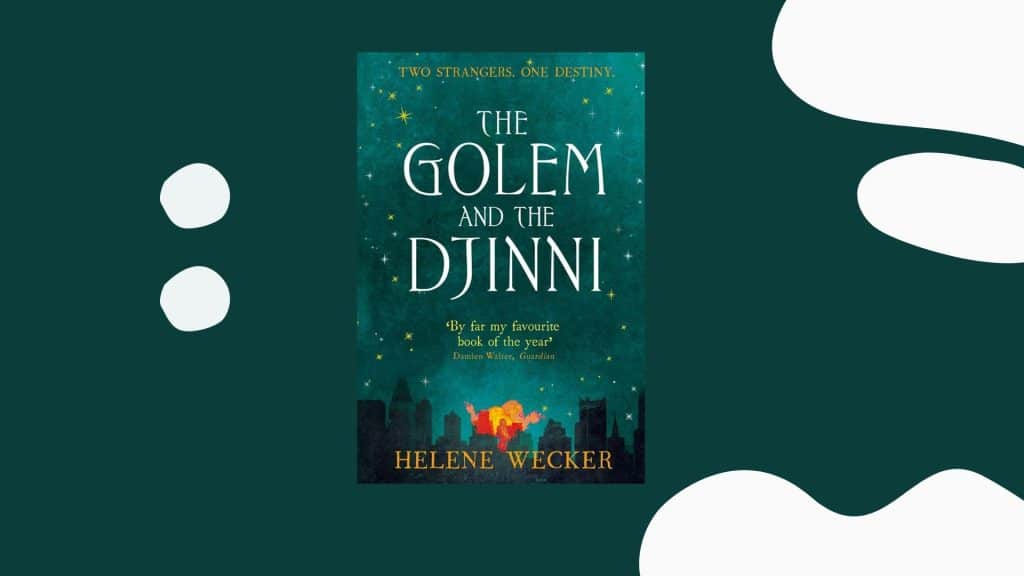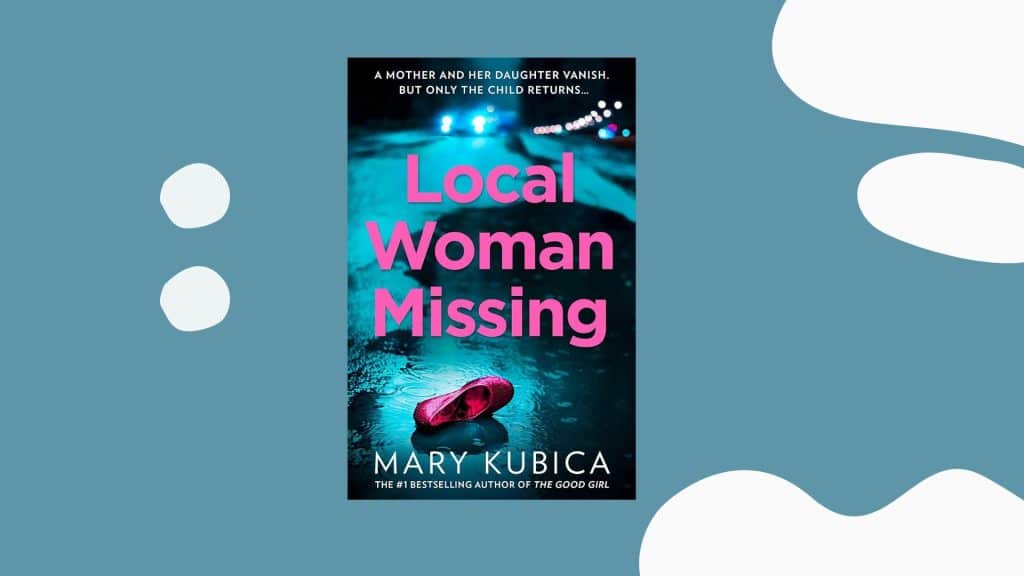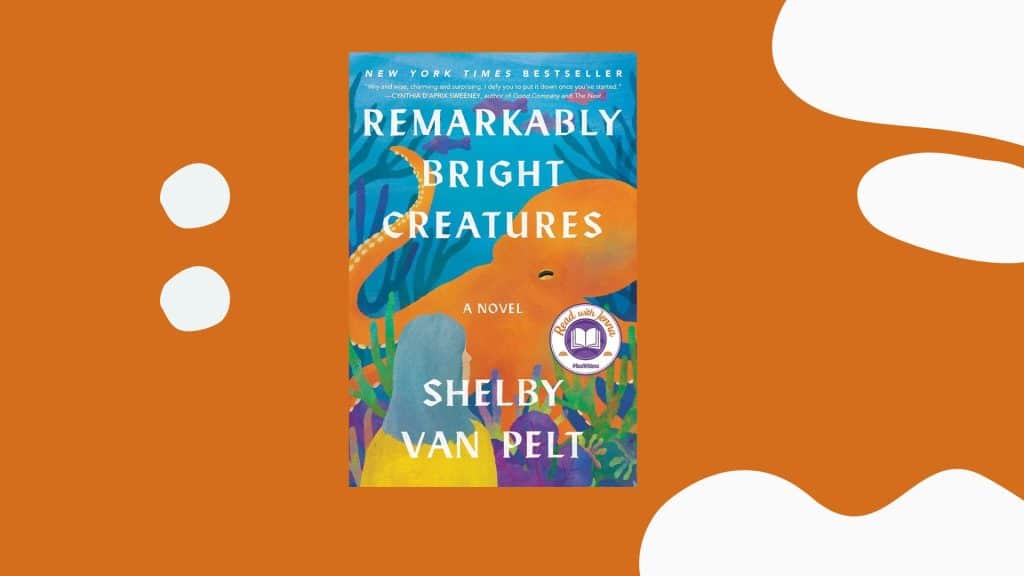“Words have power. They can wound and they can heal. They can inspire and they can destroy.” ― Rebecca Ross
Are you interested in learning about Rebecca Ross’s enchanting fantasy romance novel, Divine Rivals? You’ve come to the right place! This captivating story blends elements of mythology, journalism, and romance against the backdrop of a war between gods.
In this article, I’ll discuss the key elements of this spellbinding tale, from the complex characters to the unique magical letter-writing system. Many readers find themselves drawn into the rich world-building and the emotionally charged relationship between the two rival journalists.
Trust me when I say this book offers more than just a love story. It presents a thoughtful exploration of grief, ambition, and the power of words in a world torn apart by divine conflict.
Plot Summary on Divine Rivals
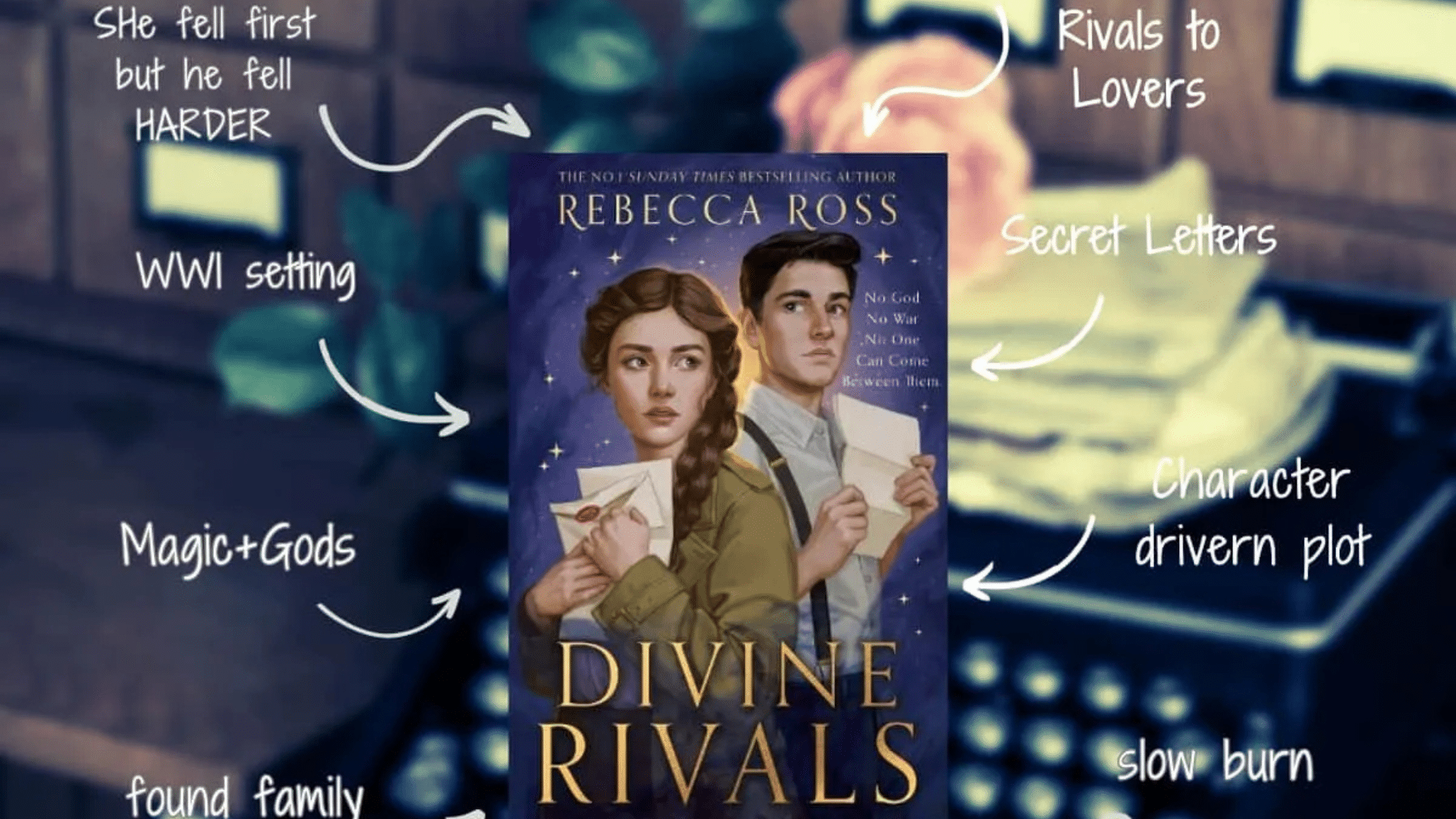
“Some of us fall in love with our friends, and some of us fall in love with our rivals.” ― Rebecca Ross
The story takes place in the fictional world of Dacre, a realm reminiscent of early 20th-century Europe, where typewriters have magical capabilities and gods walk among mortals. The world is currently engulfed in the Manifestation War, a devastating conflict between the gods that has claimed countless lives.
The main characters include:
- Iris Winnow: A determined young woman working as a junior reporter at the Oath Gazette while searching for her missing brother
- Roman Kitt: A talented, enigmatic war correspondent and Iris’s professional rival
- Attis: A god of growth and rebirth who has recruited Roman into his service
- Dacre: The god of words and language who becomes connected to Iris
- Eli Winnow: Iris’s brother who has gone missing in the war
- Calla: Iris’s best friend and fellow journalist
- Webb Acosta: Editor-in-chief of the Oath Gazette
Twenty-two-year-old Iris Winnow works as a junior reporter at the Oath Gazette, writing domestic columns while dreaming of becoming a war correspondent like her missing brother, Eli. When Roman Kitt, her professional rival, secures the position she coveted, Iris is devastated but determined to prove herself.
Opportunity strikes when Roman is sent to the front lines, leaving his popular gossip column vacant. Iris convinces her editor to let her temporarily take over the column, hoping to search for information about her brother’s disappearance.
Meanwhile, Roman is caught in the Manifestation War, where gods use humans as pawns. He discovers an old typewriter in the archives that allows him to communicate across vast distances. To his surprise, his words appear on Iris’s typewriter back in the city.
Unaware of each other’s identities, Roman and Iris begin an anonymous correspondence. As they exchange letters, they gradually open up about their fears, hopes, and struggles. Through their words, a connection forms, even as they remain professional rivals.
Iris’s investigation into her brother’s disappearance reveals connections to the gods’ conflict, and she realizes Roman might be involved with the very forces that took her brother. As the war escalates, their anonymous exchanges become a lifeline, even as truths threaten to tear them apart.
The plot builds toward a revelation of identities and a confrontation with divine powers that forces both protagonists to choose between duty, truth, and their growing feelings for each other.
What Genre Does It Focus On?
“Divine Rivals” primarily belongs to the fantasy romance genre, with elements of:
- Historical fantasy: The world has an early 20th-century magics with magical elements
- Mythology-inspired fantasy: Gods actively participate in the narrative
- Epistolary romance: The relationship develops partly through written correspondence
- War drama: The conflict and its consequences form a significant backdrop
- Coming-of-age story: Both protagonists are discovering their paths and identities
The central themes include:
- The power of words and storytelling
- The tension between personal happiness and professional ambition
- War’s devastating impact on individuals and society
- The search for truth in a world of propaganda
- The complexity of divine and human relationships
- How grief shapes our choices and perspectives
When you pick up this book, expect a character-driven story that balances romance with larger themes of war and divine politics. Ross has created a richly detailed world where typewriters can connect people across distances, gods meddle in human affairs, and journalists fight to reveal truth amid chaos.
This isn’t a light fantasy romance but rather a story with emotional depth and moral complexity. The writing is evocative and atmospheric, particularly in the letter exchanges between the protagonists and the descriptions of war-torn landscapes.
Ratings and Reviews
“I think the mistake we make is believing there is only one path—one way to live, one way to love, one way to grieve.” ― Rebecca Ross
Divine Rivals has a 4.37/5 star rating on Goodreads from over 100,000 readers, demonstrating strong reader satisfaction.
Readers across platforms share many positive thoughts about the book:
- “The letter-writing aspect of this romance was absolutely captivating. Watching Iris and Roman develop a deep connection through words while being rivals in person created such delicious tension. Ross’s worldbuilding is immersive without being overwhelming.” -Goodreads user, 5-star review.
- “I couldn’t put this book down. The blend of fantasy elements with the early 20th century newspaper setting felt completely unique. The slow-burn romance between Iris and Roman had me completely invested.” -Amazon customer, 5-star review.
- “Mythology woven into a journalists’ world with magical typewriters? Yes, please! The characters are complex and flawed in the best way, and the writing is simply beautiful.” -Goodreads user, 5-star review.
Some critical reviews mention:
- “The worldbuilding sometimes lacks clarity, particularly regarding the gods’ motivations.”
- “The pacing in the middle section feels uneven.”
- “Some readers may want more focus on the fantasy elements and less on the romance.”
What sets this book apart from other fantasy romances is its unique concept of magical communication through typewriters and its exploration of journalism during wartime. Rather than focusing on royalty or chosen ones, the story centers on ordinary people trying to make a difference through the power of words and truth-telling.
Who Should Read Divine Rivals?
This book is best for young adult and adult readers who enjoy fantasy with strong romantic elements. The war setting and emotional themes make it most suitable for readers 14 and up.
Content warnings:
- War violence and descriptions of battlefield injuries
- Death of family members and grief themes
- Some mild sexual content
- References to gods manipulating humans
- Depictions of anxiety and trauma
It’s particularly good for readers interested in:
- Enemies-to-lovers romance
- Magical correspondence and letter-writing
- Journalism and media themes
- Mythology-inspired fantasy worlds
- Stories about siblings and family bonds
- Character-driven fantasy with romantic elements
If you prefer standalone novels (as this is part of a duology), high fantasy with complex magic systems, or stories without romantic elements, this might not be your ideal match.
Book Recommendations If You Liked Divine Rivals
If you enjoyed Divine Rivals, here are some books with similar qualities:
“Letters to the Lost” by Brigid Kemmerer: It is a contemporary novel featuring anonymous letter-writing between two people who are connected in real life. It shares the epistolary romance aspect.
“The Invisible Life of Addie LaRue” by V.E. Schwab: A historical fantasy featuring complex relationships between mortals and god-like beings, with themes of memory and legacy.
“Lore” by Alexandra Bracken: A fantasy novel that blends Greek mythology with the modern world and features intense rivalries and divine conflicts.
“The Night Circus” by Erin Morgenstern: A historical fantasy with a forbidden romance between rivals and lush, atmospheric world-building.
“The Light Between Worlds” by Laura E. Weymouth: Another novel by Rebecca Ross that features siblings, war themes, and emotional depth with fantastical elements.
Conclusion
“Divine Rivals” offers a captivating blend of fantasy and romance that will appeal to readers who enjoy stories where personal relationships unfold against epic backdrops.
The book might require some patience as the world-building establishes itself, but the emotional payoff and unique magic system make it worth the investment.
What makes this book special is how it transforms the familiar trope of enemies-to-lovers into something fresh through the device of anonymous letter-writing and the backdrop of divine conflict. It reminds us that words have the power to bridge distances, heal wounds, and reveal truths—even in the darkest times.
If you want a book that combines atmospheric fantasy worldbuilding, compelling characters, and a romance that develops through both conflict and connection, Divine Rivals is an excellent choice.
More From This Author

Rebecca Ross is an American author known for her fantasy novels that often feature rich world-building and emotional depth. Before becoming a full-time writer, she worked in a library and as a copyeditor.
Ross began her publishing career with The Queen’s Rising series, a YA fantasy duology. Her transition to fantasy romance with “Divine Rivals” has significantly expanded her readership.
Other notable books by Rebecca Ross include:
- The Queen’s Rising and The Queen’s Resistance
- Sisters of Sword and Song
- Dreams Lie Beneath
- Echoes and Empires and Realm Breaker
- Immortal Longings
- Waking Romeo
- Violet Made of Thorns
Her books have gained popularity for their combination of immersive world-building, emotional storytelling, and compelling characters. Ross is particularly skilled at creating unique magical systems and exploring complex relationships within fantasy settings.
Frequently Asked Questions
Is Divine Rivals Part of a Series?
Yes, Divine Rivals is the first book in the Letters of Enchantment duology. The sequel, “Ruthless Vows,” continues and concludes the story.
What Age Group Is This Book Appropriate For?
While marketed as Young Adult, the themes and content make it appropriate for older teens and adults. The protagonists are in their early twenties, placing it in the upper YA or “new adult” category.
Does the Book End on a Cliffhanger?
Yes, Divine Rivals ends with several unresolved plot points and a significant cliffhanger that sets up the sequel, Ruthless Vows.”
Is This Book Based on Any Particular Mythology?
While the book features gods and divine powers, it creates its own original mythology rather than directly adapting specific myths from our world. However, readers may notice influences from various mythological traditions.


